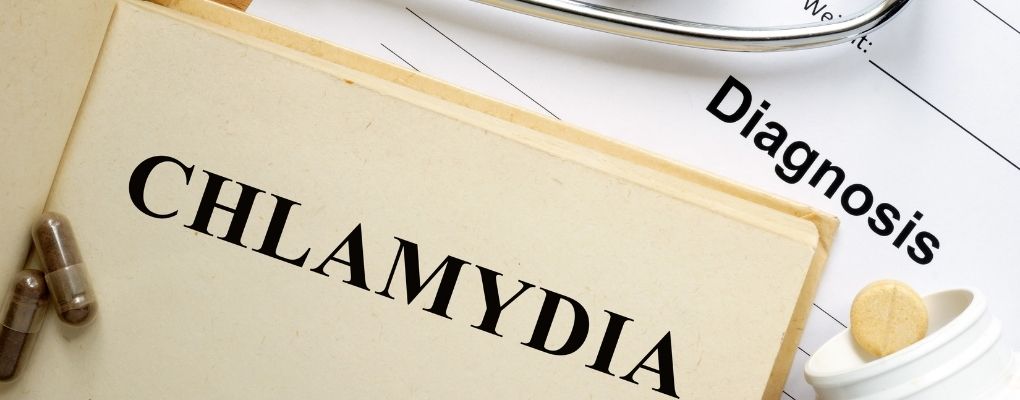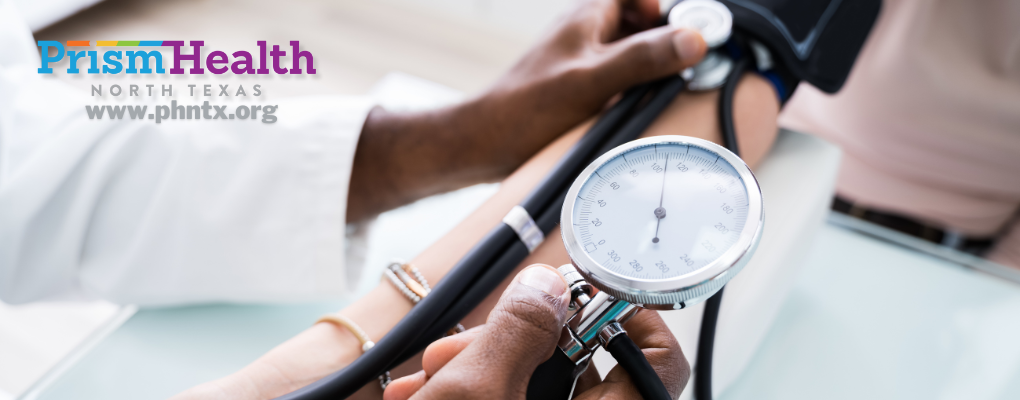
STI (aka STD) 101: Chlamydia Symptoms, Risk Factors & Treatment
Published: 08-23-2021 | 2 MIN READ | Author: Prism Health North Texas
What is chlamydia trachomatis and what are the symptoms?
Chlamydia trachomatis, simply known as chlamydia, is one of the most common sexually transmitted infections (aka STDs) in the United States. It’s caused by bacteria being introduced to the body after having vaginal, anal, or oral sex with someone that’s infected.
More than half of men and women infected with chlamydia show no symptoms or go weeks until they occur. Signs of chlamydia include:
- Painful or burning urination
- Pain during intercourse
- Lower belly/abdomen pain
- Abnormal discharge from the vagina or penis
- Pain, discharge, or bleeding from the anus
- Bleeding between periods (for women)
- Painful or swollen testicles (for men)
Any person that is sexually active is at risk of getting chlamydia and the risk grows with the number of sexual partners you and your partners may have. Talk to your partner(s) to figure out your risk level and get tested often.
What parts of the body can chlamydia infect?
It’s a myth that you can get chlamydia by kissing a person’s mouth, however, the bacteria can infect other parts of the body besides the vagina, penis, or anus.
Chlamydia in Throat:
Contact with chlamydia on the mouth, lips, or tongue may be enough for the bacteria to be transmitted during oral sex. If you are infected during oral sex, symptoms may not occur or you may experience:
- Sore throat
- Dry throat
- Fever
- Coughing
Chlamydia in Eye:
There are situations when the bacteria can infect the eye. For example, if it’s on your hands and you touch your eye without washing them, it can be transmitted. Symptoms may include:
- Redness/swelling/itching/irritation
- Mucus or discharge
- Sensitivity to light
Extreme, untreated cases of chlamydia infection in the eye can lead to blindness.
Should I get tested and treatment?
You should get tested for chlamydia at the first sign of symptoms or at least once a year if you are sexually active, especially if you are 25 years old or younger or have multiple sex partners. Assess your risk level and get tested accordingly.
If you find you have chlamydia, it’s curable (and common so don’t be ashamed)! After a short regimen of antibiotics, most people will only be sick for a short period of time with no long-term problems if they seek treatment quickly. Do not have sex after treatment until a doctor clears you or your partner to avoid re-infection.
Chlamydia is a minor, curable infection that will go away in a matter of weeks with treatment, but if you do not seek treatment, there is a chance you or someone you may infect could experience lasting effects.
Untreated chlamydia can cause severe pain in the pelvis for women and in the penis and testicles for men, as well as infertility.
For women, it can also cause:
- Pelvic inflammatory disease (PID)
- Infertility
- Chronic pelvic pain
- Ectopic pregnancy
- Babies born with eye and lung problems
How do I lower my risk of getting chlamydia?
Using condoms correctly and have protected sex will lower your chances, as well as having a monogamous relationship with one person that is also not having sex with other people. Get tested often, encourage your partner(s) to get tested, know your status and risk level.
All Prism Health North Texas locations offer FREE STI testing AND treatment for little to no cost. Visit our STI Testing and Testing page for more information and clinic locations to make your appointment!



